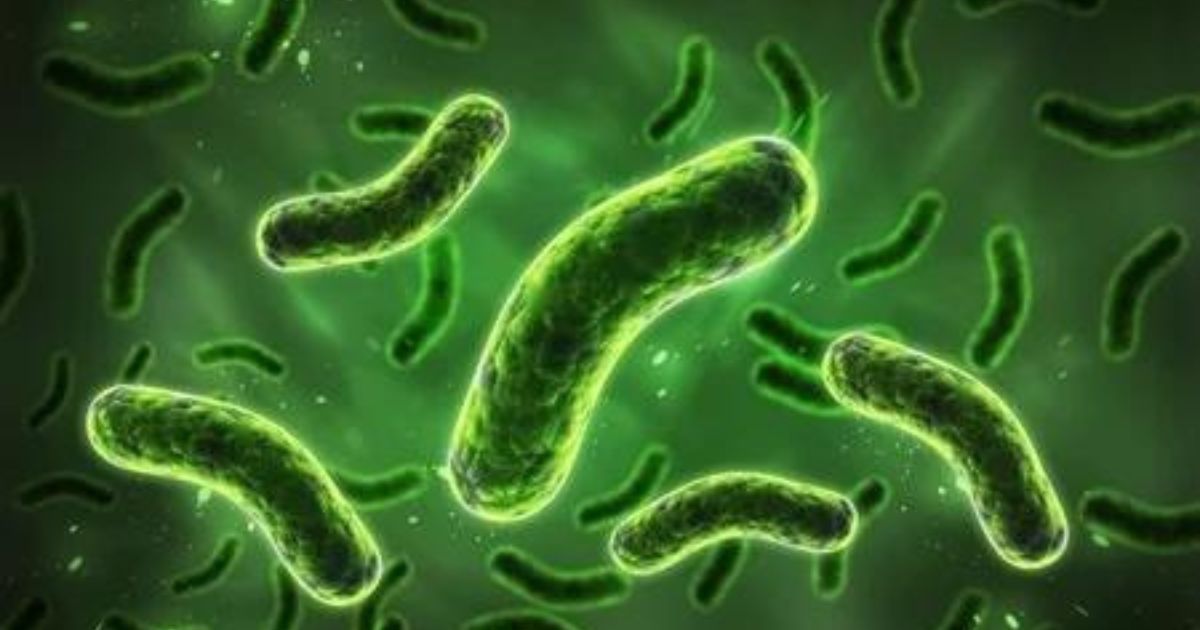Major Depressive Disorder (MDD) stands as a global driver of disability, impacting millions worldwide. The intricate interplay between the leaky gut microbiome and stress-related responses in depressed individuals has become a focal point of research. A groundbreaking study published in the journal Genes explores the nexus between a leaky gut, depressive disorders, and the metabolites originating from the gut microbiota.
Unraveling the Leaky Gut Puzzle
The intestinal epithelial barrier acts as a shield, preventing the intrusion of toxins and pathogens into the gastrointestinal lumen. However, stress-induced events can compromise this barrier, leading to a leaky gut, subsequently elevating the risk of gastrointestinal issues and depressive disorders.
Factors such as pollution and the consumption of contaminants in food, like pesticides, also contribute to disturbed gut permeability and alterations in the gut microbiome.
Metabolites and the Butyrate Connection
Among the short-chain fatty acids (SCFAs), butyrate plays a pivotal role in maintaining gastrointestinal health. Disruptions in the integrity of the gut-blood barrier mediated by butyrate have been linked to depressive disorders. The recent study delves into how metabolites derived from the gut microbiota can influence and exacerbate these conditions.
Maternal Diet, Environmental Contaminants, and Depression Risk
The maternal diet during gestation emerges as a crucial factor influencing the neurological development of offspring by shaping the gut microbiome.
Modern unhealthy diets may induce maternal dysbiosis, reducing the presence of butyrate-producing bacteria and, subsequently, lowering neuroactive metabolite levels in maternal milk. This cascade effect increases the likelihood of anxiety- and depression-like behaviors in the offspring.
Exposure to environmental contaminants, particularly pesticides, is identified as a contributor to depressive disorders. Pesticides, such as glyphosate, can adversely impact neurodevelopment and neuroplasticity, crossing the placental barrier and affecting the fetal gut microbiome.
Therapeutic Avenues: Probiotics and Fecal Microbiota Transplantation (FMT)
FMT, involving the transfer of fecal matter from a healthy donor to a recipient, has proven effective in experimentally-induced models of depressive disorders.
The study highlights the role of specific bacteria, such as Butyrivibrio and Faecalibacterium, abundant in the gastrointestinal tract, in the effectiveness of FMT in mitigating Major Depressive Disorder (MDD).
Probiotics utilize epigenetic mechanisms to modulate the host immune response and maintain intestinal homeostasis. Clostridium butyricum, a bacterium known for its high butyrate secretion, has demonstrated efficacy in alleviating depression-like behaviors in mouse models.
Natural Remedies and Pharmaceuticals: A Holistic Approach
Herbal medicine and polyphenols emerge as potential candidates for modifying bacterial community structures and distributions, offering promise in alleviating depression-like behaviors.
Compounds like crocetin, found in saffron, have demonstrated antidepressant effects by influencing specific bacterial populations.
Antipsychotic drugs, by replenishing butyrate-producing bacteria levels, showcase effectiveness in mitigating depressive disorders. Psychotropic drugs, including certain antidepressants, can induce antidepressant effects by modulating gut bacteria composition and function, as well as influencing intestinal permeability.
Challenges and Future Directions
While medications targeting the microbiome hold therapeutic potential, further research is essential to comprehend how bioactive metabolites from gut microorganisms influence human physiology during depression.
Challenges lie in the heterogeneity of microbiome composition across diverse populations and geographical regions. Future studies need to encompass varied populations and developmental periods to address this diversity.
As research unravels the intricate connections between the gut and mental health, the potential for novel therapeutic interventions targeting the microbiome offers a beacon of hope for individuals grappling with depressive disorders.
The journey to translate these discoveries into effective treatments continues, holding the promise of transforming mental health care.








Leave a Reply
You must be logged in to post a comment.